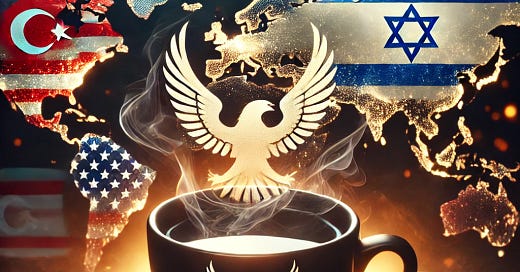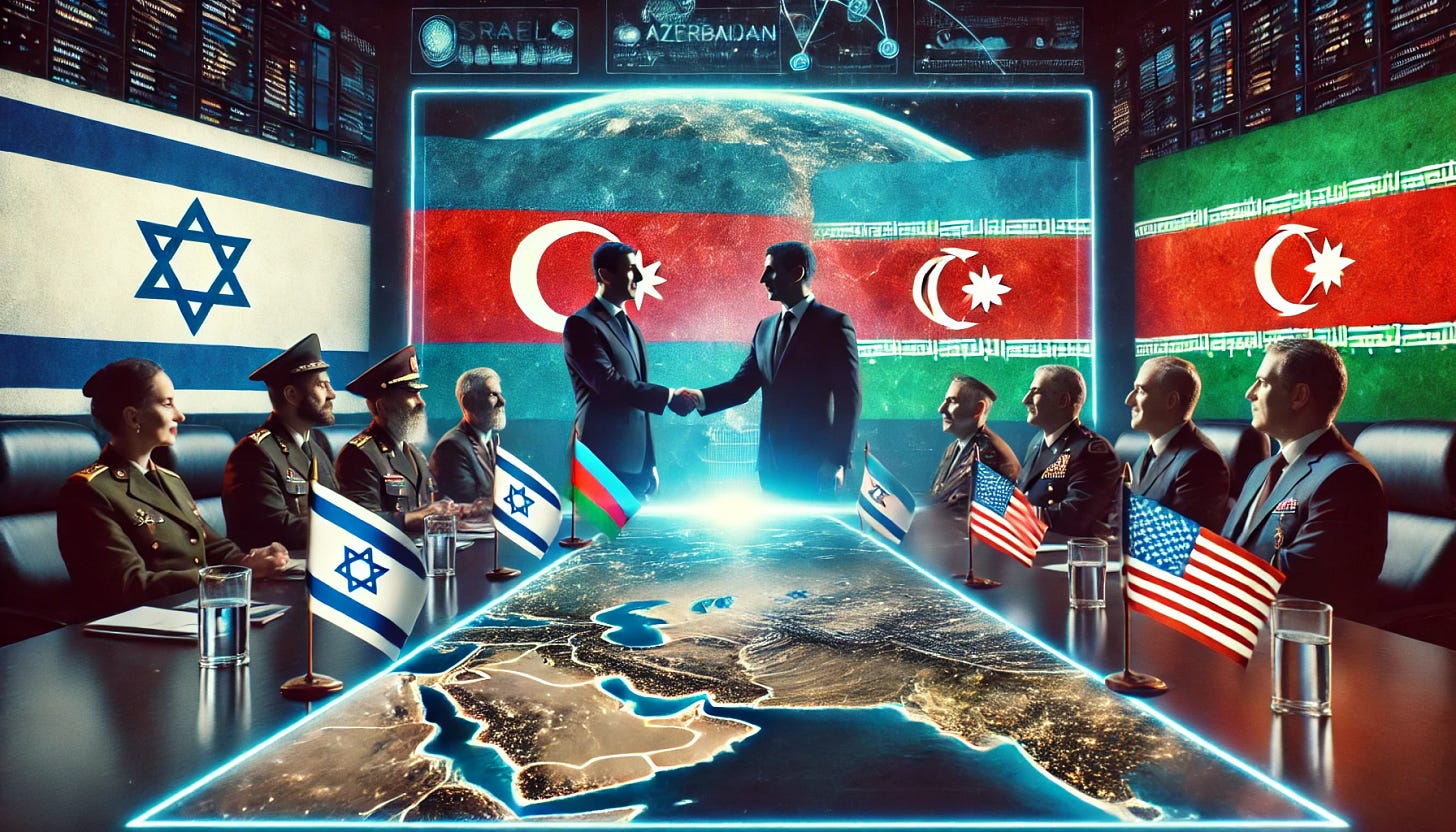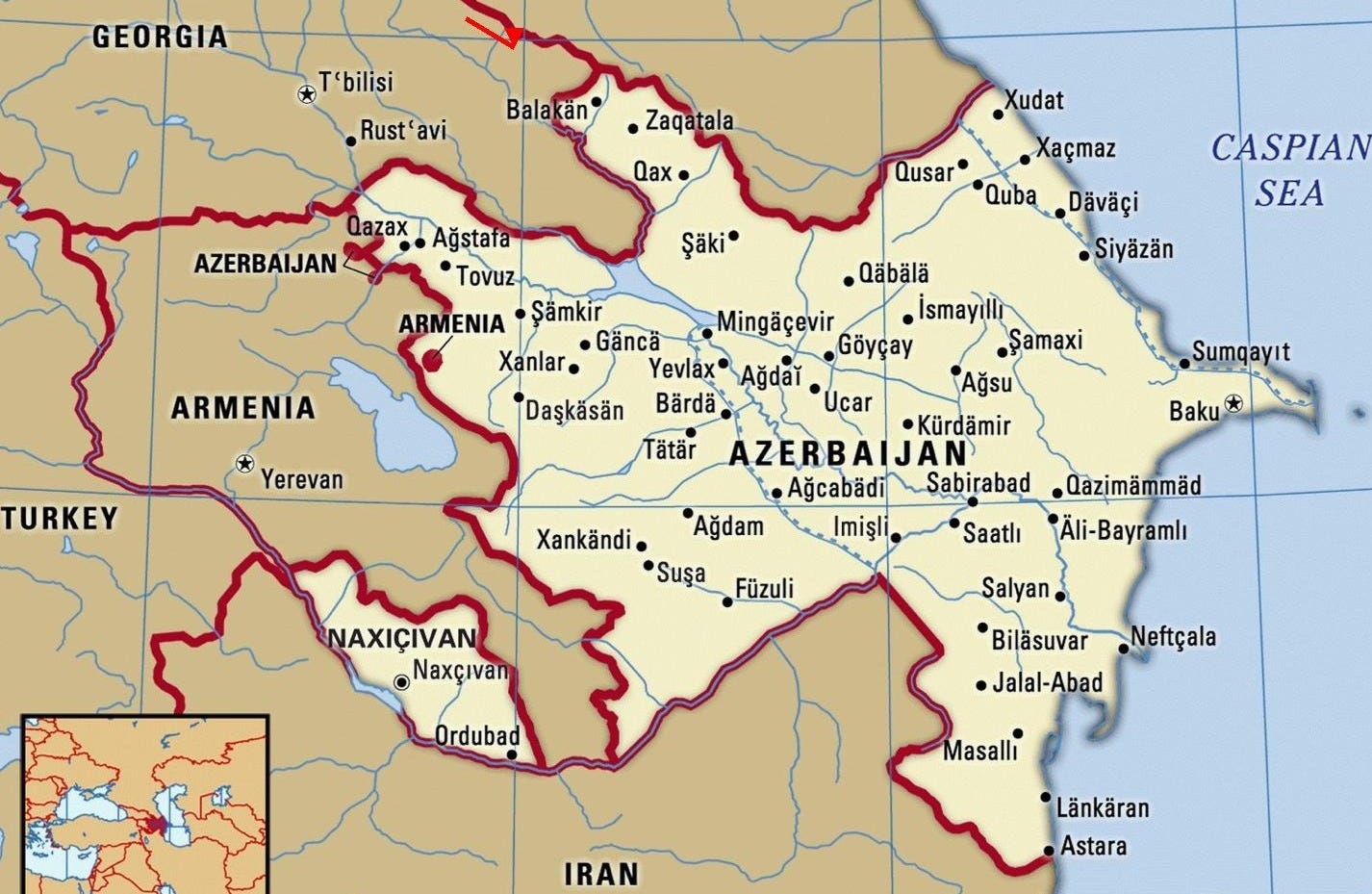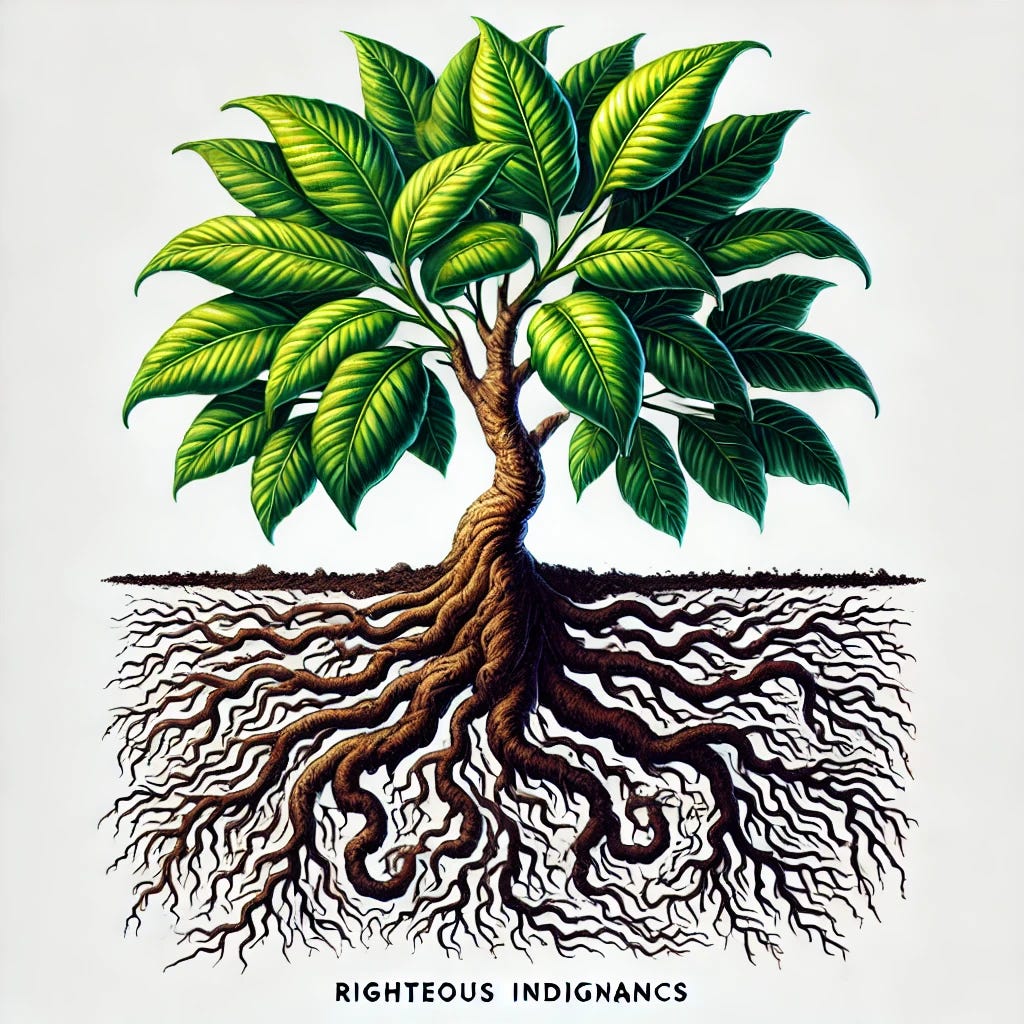Azerbaijan Could Be Trump’s National Security X Factor
It doesn't look like Canada is going to make the cut.
If you believe in the importance of free speech, subscribe to support uncensored, fearless writing—the more people who pay, the more time I can devote to this. Free speech matters. I am a university professor suspended because of a free speech issue, so I am not speaking from the bleachers. The button below takes you to that story.
Please subscribe and get at least three pieces /essays per week with open comments. It’s $6 per month and less than USD 4. I know everyone says hey, it’s just a cup of coffee (with me, not per day but just one per month), but if you’re like me, you go, “Hey, I only want so many cups of coffee!”
But I only ask that when you choose your coffee, please choose mine. Cheers.
By Dave Gordon.
Dave Gordon is a Toronto-based writer and editor. His work has appeared in more than a hundred publications around the world.
Barely two weeks into President Trump’s second term, Israel's prime minister Netanyahu is the first foreign head of state to meet him in the White House. This is a sign that the two leaders have deep connections and that the president values the allyship between the two nations.
Trump said in his press conference that he wishes to relocate Gazans to neighbouring Arab lands and have the US play a role in the area’s reconstruction. No one needs to guess the topic of Iran would eventually also be on the table as the common enemy of the US and Israel.
In this regard, one particular country might come up in conversation as a powerful chess piece on the board in Israel’s and the US’s favour – and that country is Azerbaijan, a moderate secular Muslim-majority nation.
Since the 1990s, Azerbaijan—which shares a 475-mile border with Iran—has been highly strategic to Israel’s regional security and key to U.S. interests.
The Institute for National Security Studies emphasised that the threat from the Islamic Republic serves as a unifying factor among Azerbaijan, Israel and the US. A Forbes article from Jan. 24, 2025, reinforced that a strong Azerbaijan could be a bulwark against Iran.
Azerbaijan already showed it’s no fan of radical Islam, being the only Muslim country to support Israel in the war against Hamas, a group trained and bankrolled by Iran.
But the seeds of a strong alliance had long been planted: Among any Muslim majority state, never mind amongst any country on the Asian continent, Azerbaijan holds the longest and most comprehensive allyship with Israel.
Israel was among the first nations to recognise Azerbaijan's independence in 1991. Six years later, Netanyahu visited Azerbaijan, meeting with its president, Heydar Aliyev, and solidified an indispensable relationship between the two countries, according to the Washington Institute for Near East Policy and the Middle East Forum.
The thirty-year partnership extends to military, strategic, energy sector, and security, among other factors.
Today, Azerbaijan provides 60% of the gasoline Israelis consume. Last year, when the IDF needed uninterrupted fuel supplies, Azerbaijan increased its oil exports to Israel by 55%.
For its part, over the past seventeen years, Israel has supplied Azerbaijan with more than 60% of its military hardware. In addition, Israel provides agricultural technology, cellular infrastructure, and de-mining technology, according to The Jerusalem Report.
By 2012, the Associated Press noted that Israeli intelligence already had a presence in Azerbaijan. And this is what we know – there is much we don’t. As reported by Foreign Policy that same year, Donald Lu, the U.S. Deputy Ambassador to Baku, quoted Aliyev three years earlier, who said that the Israel-Azerbaijani relationship was akin to an iceberg: “Nine-tenths of it is below the surface.”
In 2015, Israeli Defense Minister Moshe Ya’alon, after visiting Baku the previous year, confirmed that Azerbaijan and Israel are “engaged in broad-based strategic cooperation.”
In October 2022, Israeli Defense Minister Benny Gantz, during his visit to Azerbaijan and meetings with his Azeri counterpart, Zakir Hasanov, and President Aliyev, emphasised the “importance of the strategic relationship” between the two countries. A month later, in a great gesture of goodwill, Azerbaijan became the first Shi'ite Muslim country to open an embassy in Israel.
So, how does this spool back to the US?
President Trump’s “new policy aims to emphasise Azerbaijan's status as a key regional player,” according to leaders of the American Israel Public Affairs Committee (AIPAC) in a December 2024 meeting with Aliyev. They believed that the United States had not sufficiently appreciated Aliyev’s “activities in recent years,” which is expected to change.
This was reinforced by the Begin-Sadat Centre at Bar-Ilan University’s just-published paper, “Azerbaijan: One of the Pillars of Israel’s Regional Security System—A Brief Overview for the Trump Administration.”
The most salient line referred to Azerbaijan's “long-established strategic partnerships with Jerusalem” that “can positively impact the role of the Jewish state in Trump’s envisioned ‘new Middle East.’”
The paper said Israeli government sources also indicated that a military operation against Iran – whether led by America or in cooperation with the Israelis – might use Azerbaijani territory as a base. (This has been a long political discussion since March 2012, when Foreign Policy Magazine reported the same.)
It’s no secret that President Trump’s “New Middle East” will include some kind of Abraham Accords 2.0, picking up where he left off, with very much a possibility of Saudi Arabia as next in line. George Deek, Israel’s ambassador in Baku, said that he believes the friendship of the Jewish State vis-à-vis Azerbaijan actually “inspired the Accords” the first time around and that Trump “could and should seriously consider” adding Azerbaijan.
“Azerbaijan shares the overall views of Israel and its moderate neighbours when it comes to regional stability and security and is willing to tackle the threats that we all share,” Deek shared.
“There is no doubt that Iran has been the greatest threat to the security of the Middle East, as well as the Caucasus.” That threat includes but is not limited to, the Islamic Republic’s recent border military drills, the attack against the Azerbaijani embassy in Tehran two years ago, its support for global Jihadi terror groups, recent missiles fired at Israel, not to mention its nuclear weapon ambitions.
“I believe that with the Trump administration, Iran will have to change its course, or it will be forced to,” Deek said. “The US has many partners in the region willing to assist.”









Israel's cozy and mutually beneficial relationship with Azerbaijan presents a quandry with Israel vis a vis Armenia. Armenia suffered an ethnic cleansing and genocide by Muslim Turkey circa 1915, and so shares a sad history of genocide with Jews. One would think Israel and Armenia would be on friendly terms owing to this shared history of being victims of genocide. But because Armenia is in a constant state of conflict with Azerbaijan, this hasn't occurred.